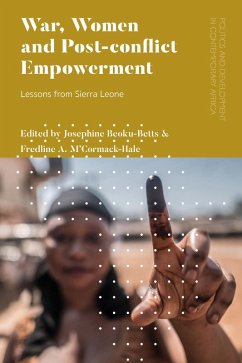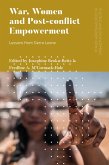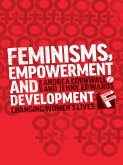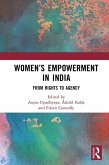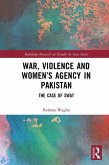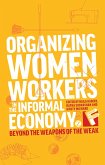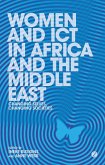Since the 1991-2002 civil conflict ended in Sierra Leone, the country has failed to translate the accomplishments of women's involvement in bringing the war to an end into meaningful political empowerment. This is in marked contrast to other post-conflict countries, which have increased the political participation of women in elected and appointed office, increased the representation of women in leadership positions, and enacted constitutional reforms promoting women's rights.
Written by Sierra Leonean and Africanist scholars and experts from a broad range of disciplines, this unique volume analyses the historical and contextual factors influencing women's political, economic and social development in the country. In drawing on a diverse array of case studies - from health to education, refugees to international donors - the contradictions, successes and challenges of women's lives in a post-conflict environment are revealed, making this an essential book for anyone involved in women and development.
Written by Sierra Leonean and Africanist scholars and experts from a broad range of disciplines, this unique volume analyses the historical and contextual factors influencing women's political, economic and social development in the country. In drawing on a diverse array of case studies - from health to education, refugees to international donors - the contradictions, successes and challenges of women's lives in a post-conflict environment are revealed, making this an essential book for anyone involved in women and development.

